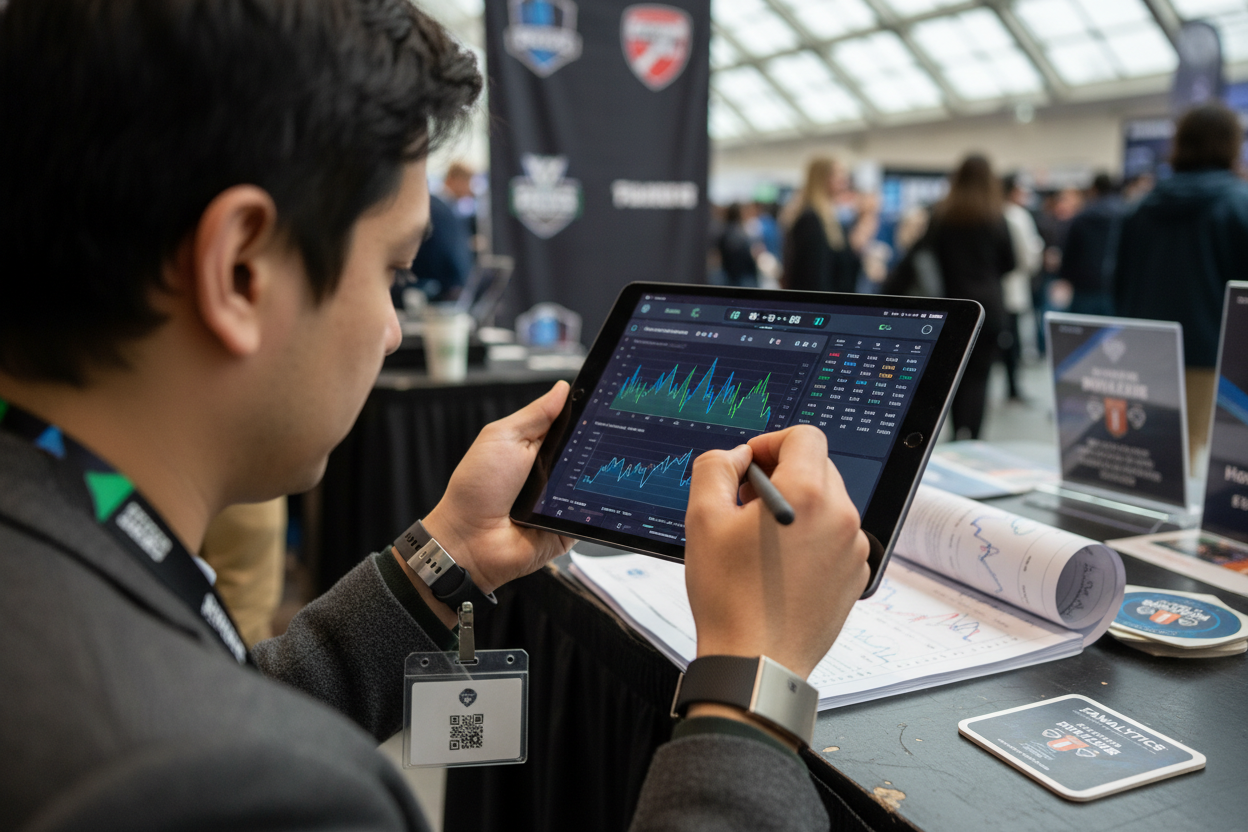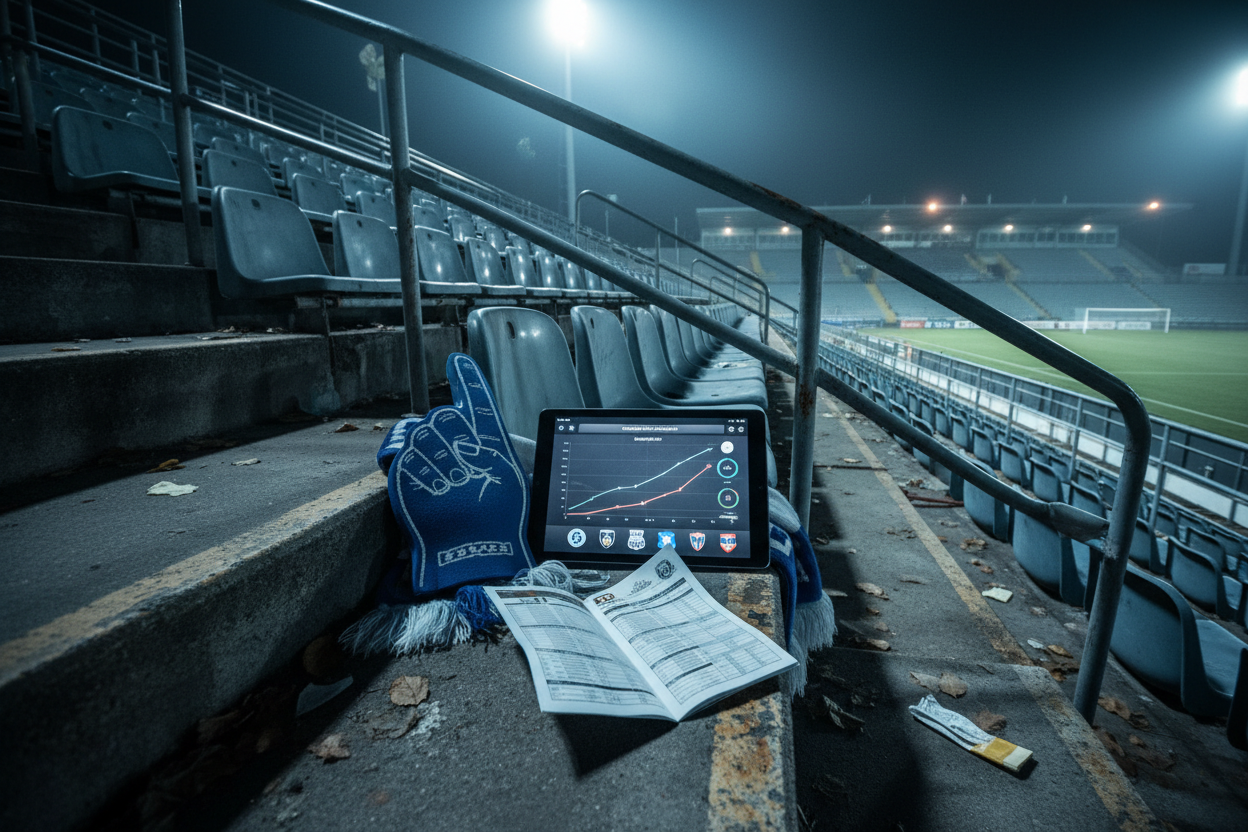
Fantasy basketball has always been a numbers game. But in 2025, the game is evolving: Web3 fantasy basketball is rewriting the rules for NBA fans and putting every stat, trade, and reward fully on-chain. No more black-box algorithms or hidden scoring adjustments. Instead, blockchain-powered platforms are delivering transparent fantasy sports with verifiable results, true digital ownership, and a new level of engagement for hoops enthusiasts.
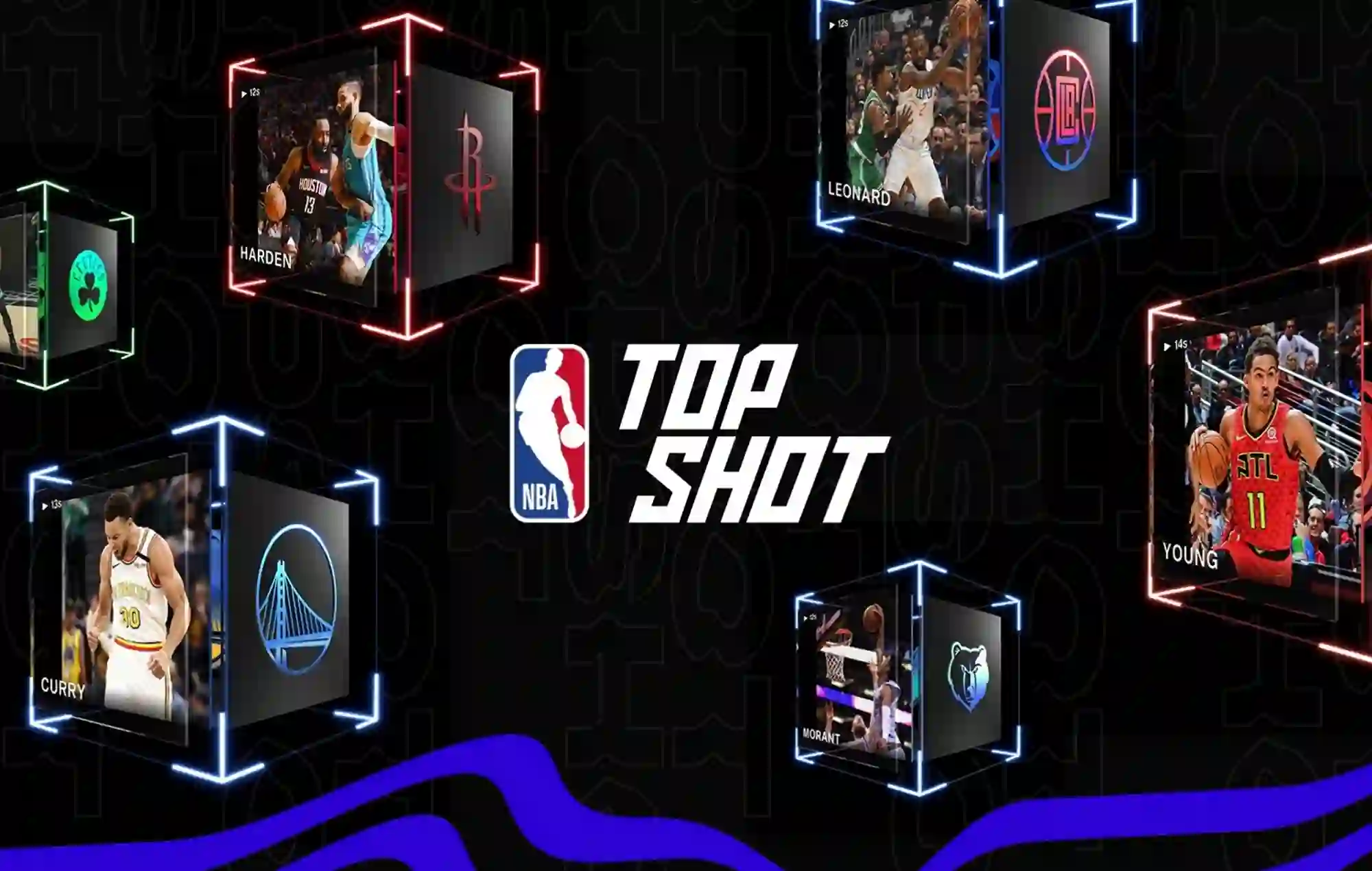
Why On-Chain NBA Fantasy Leagues Are a Game Changer
Traditional fantasy basketball platforms are plagued by centralized control, limited transparency, and fleeting digital rewards. Web3 changes all of this. By leveraging blockchain and smart contracts, on-chain NBA fantasy leagues ensure that every draft pick, player trade, and scoring update is publicly auditable and immutable. Fans now own their in-game assets – from tokenized NBA players to rare digital collectibles – and can freely trade or stake them in open markets.
Consider LeagueDAO, a pioneer in decentralized fantasy sports. Their Nomo League protocol uses NFTs and smart contracts to automate scoring based on real-world NBA stats. After being acquired by Knights of Degen in 2022, LeagueDAO’s offerings have only expanded, providing fans with a trustless way to participate and compete. Each player token’s performance is transparently linked to live NBA data, ensuring that every point is earned – not arbitrarily assigned.
Tokenizing NBA Players: The Rise of Dynamic In-Game Assets
The next frontier is tokenized player assets. Platforms like basketball. fun (launched by NBA veteran Tristan Thompson) are leading this charge. Built on the Somnia blockchain, basketball. fun lets fans buy, sell, and trade tokens representing real NBA players. These tokens aren’t static. Their values fluctuate in real time, driven by both on-court performance and fan sentiment – a hybrid model that turns passive spectating into an interactive, high-stakes experience.
When a player drops a triple-double, their token price surges. When they slump, the market reacts instantly. This dynamic, decentralized system opens up new strategies for fantasy managers and speculators alike. No longer just a weekly set-and-forget game, Web3 fantasy basketball rewards active engagement and deep statistical analysis, mirroring the real volatility of the NBA.
Key Benefits of Decentralized Fantasy Basketball
-
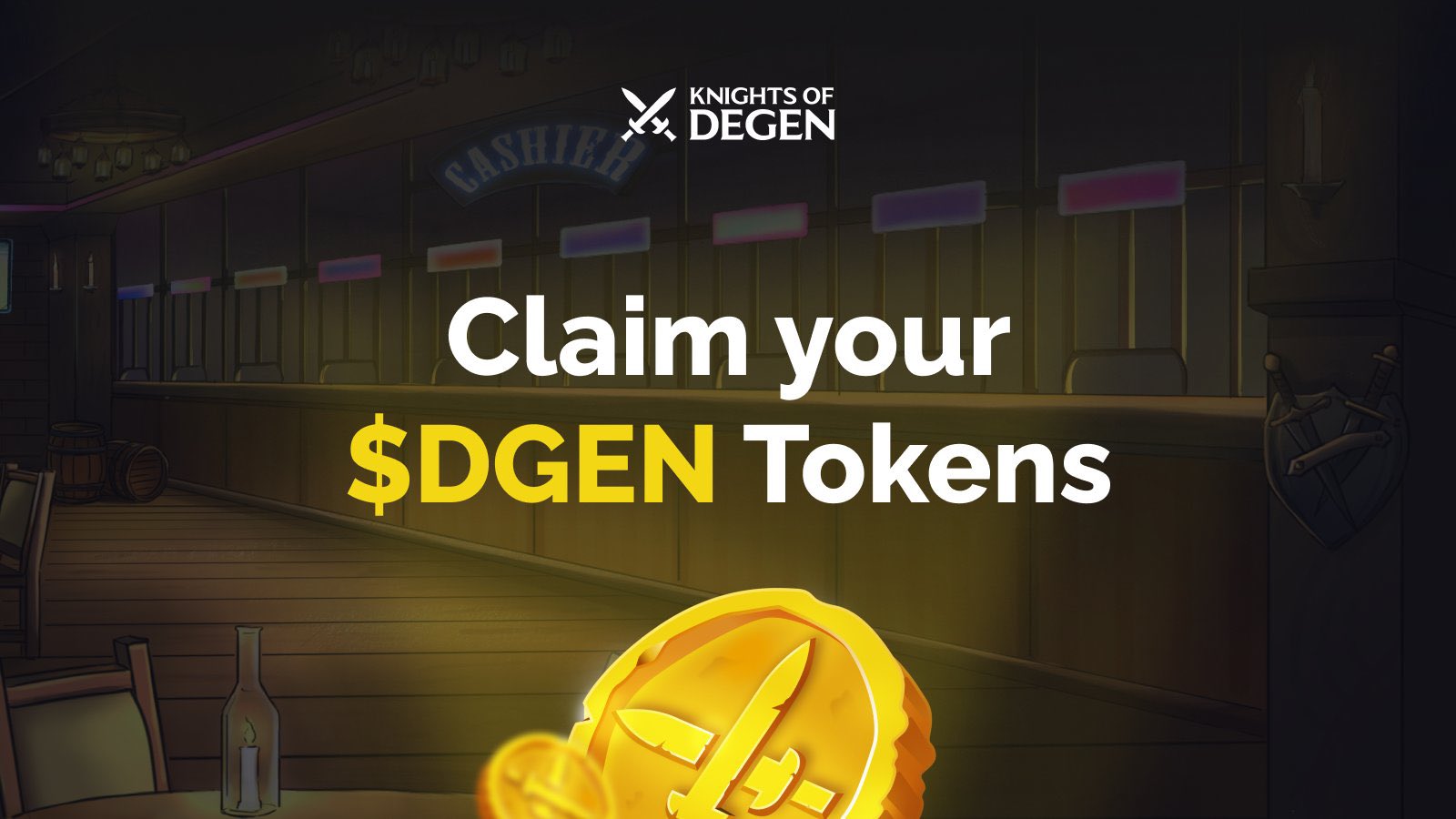
True Ownership of Digital Assets: Platforms like LeagueDAO and Sorare NBA enable fans to own and trade tokenized player cards or NFTs, granting full control over their fantasy rosters and collectibles.
-
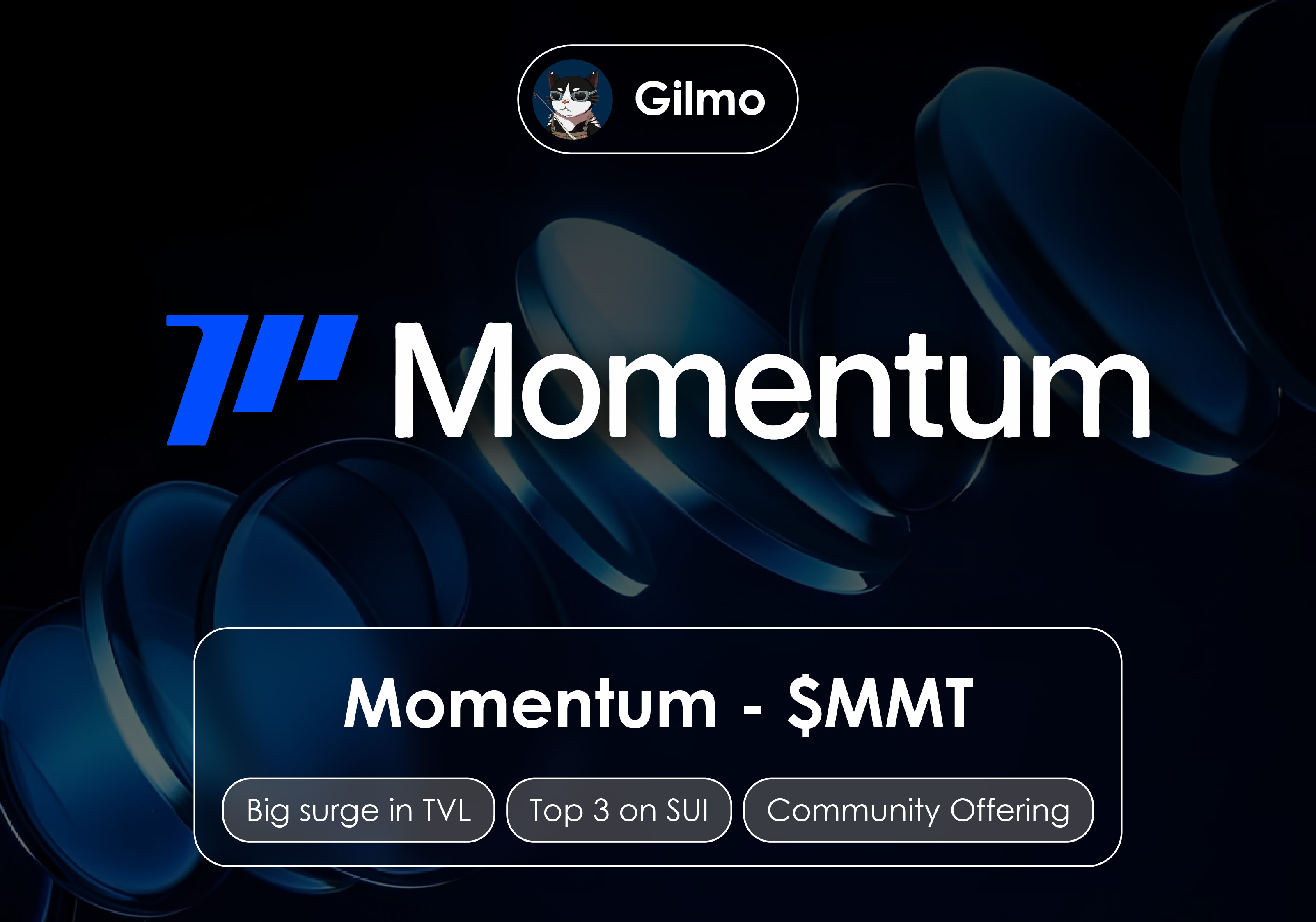
Enhanced Transparency and Verifiable Scoring: On-chain platforms such as bballxyz use public smart contracts and auditable leaderboards, ensuring that all scoring and transactions are transparent and tamper-proof.
-
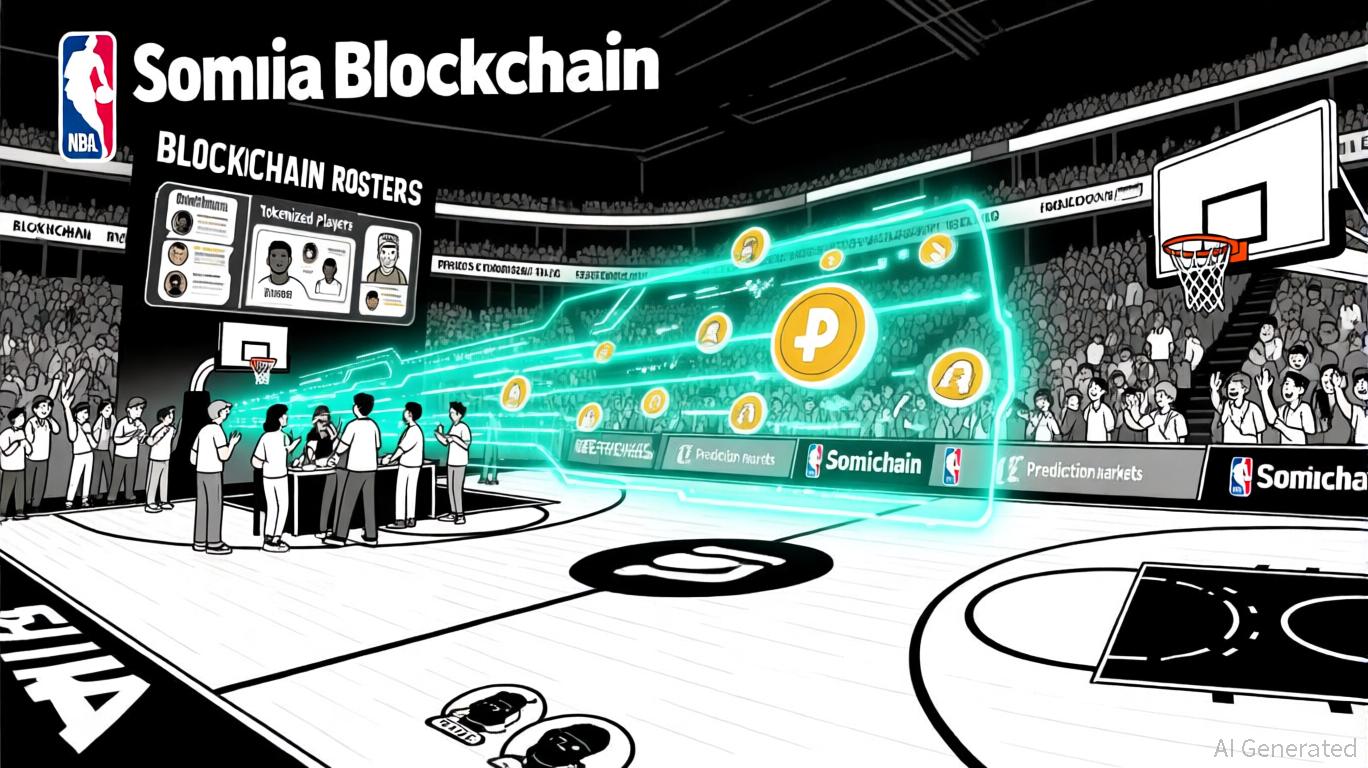
Real-Time, Dynamic Gameplay: With projects like basketball.fun, player token values update in real time based on actual NBA performance and fan sentiment, making the fantasy experience more interactive and engaging.
-
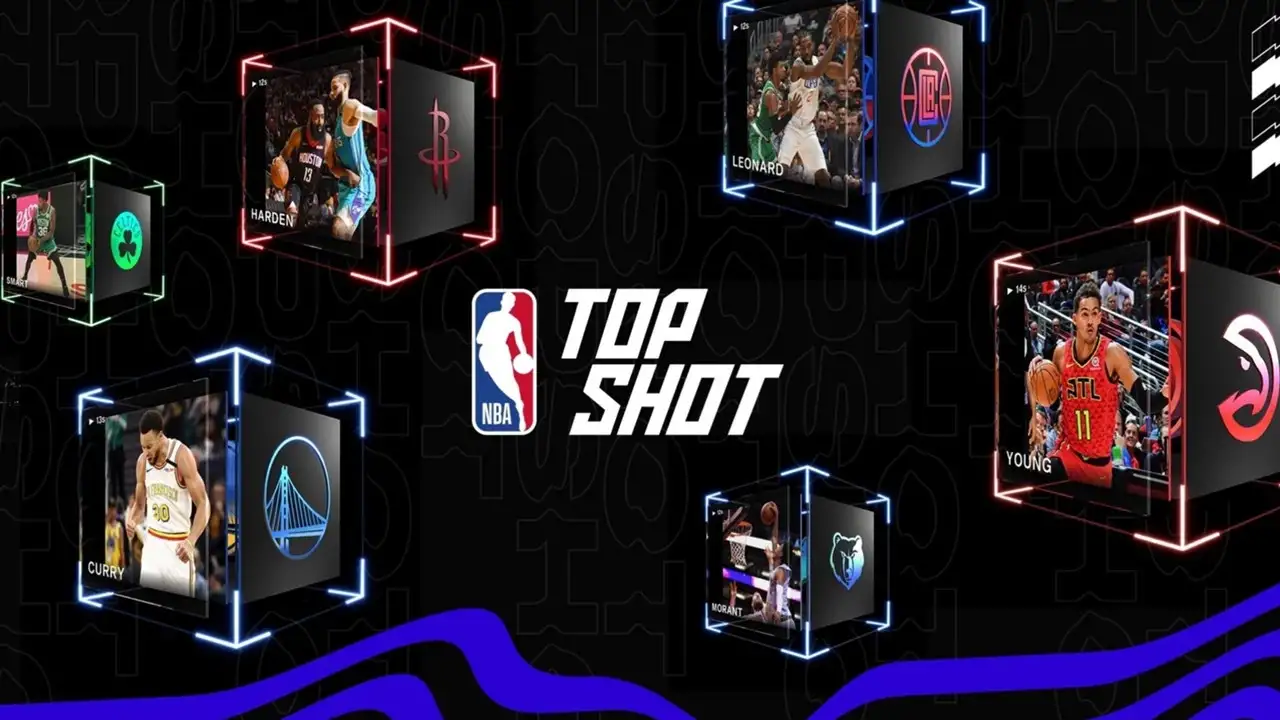
Verifiable and Automated Rewards: Decentralized leagues leverage smart contracts to distribute prizes and rewards automatically, reducing disputes and ensuring timely payouts to winners.
-

Global Accessibility and Community Engagement: Web3 fantasy basketball platforms are open to fans worldwide, fostering vibrant communities and enabling direct interaction between fans, players, and teams.
Beyond Collectibles: Ownership and Verifiable Rewards
While NFT collectibles like Sorare NBA have brought digital card trading into the mainstream, the latest generation of on-chain fantasy platforms goes further. Sorare’s partnership with the NBA allows users to build fantasy lineups from officially licensed player cards, scoring points based on real game data. But with on-chain protocols like bballxyz (running on Base network), every aspect of gameplay is transparent – from scoring formulas to prize distributions.
These platforms don’t just promise fair play; they prove it. Smart contracts automatically distribute rewards, and public leaderboards let anyone verify results. This level of transparency is a massive upgrade from legacy fantasy sports, where disputes over scoring or payouts are common. For fans who value both competition and trust, decentralized fantasy basketball is quickly becoming the gold standard.
Web3 fantasy basketball isn’t just a technological upgrade, it’s a cultural shift that empowers NBA fans to move from mere spectatorship to active participation. The ability to own, trade, and even stake player tokens means that your fantasy roster is now a true digital portfolio, with tangible value and liquidity. This opens up opportunities for peer-to-peer trading, secondary markets, and even fractional ownership of rare player assets. For the first time, the economic upside of a breakout season or a sleeper pick can be realized instantly and transparently.
The integration of real-time data oracles ensures that every play on the court is reflected on-chain within seconds. This seamless connection between live NBA action and blockchain-based scoring is what sets decentralized fantasy leagues apart from their Web2 predecessors. Fans can see their token values change in real time as games unfold, no more waiting for overnight stat corrections or wondering if a scoring adjustment will swing your matchup.
Community-Driven Leagues and Governance
Another advantage of on-chain NBA fantasy leagues is community governance. Platforms like LeagueDAO and bballxyz empower users to propose rule changes, vote on league settings, and even shape prize structures via decentralized autonomous organizations (DAOs). This participatory model ensures that leagues evolve with the needs of their most passionate players, not just corporate stakeholders.
Some platforms are experimenting with fan-driven incentives: think staking tokens on player performances, participating in prediction markets for nightly matchups, or unlocking exclusive digital collectibles based on your in-game achievements. The gamification layer runs deep, rewarding both statistical acumen and community engagement.
Security is also front-and-center. With smart contracts handling entry fees, payouts, and trades automatically, there’s no need to trust a centralized operator with your funds or data. Everything is auditable and enforced by code, eliminating many of the risks that have plagued traditional fantasy sports platforms for years.
What’s Next for Web3 Fantasy Basketball?
The evolution isn’t slowing down. As more fans embrace blockchain sports betting and transparent fantasy sports ecosystems, expect further innovation around interoperability (using your assets across multiple platforms), deeper analytics tools powered by AI, and new ways to gamify fan engagement during live broadcasts.
NBA players themselves are getting involved, not just as subjects but as active participants in these ecosystems. Tristan Thompson’s involvement with basketball. fun highlights how athletes can help shape the next generation of fan experiences by bridging real-world performance with digital interaction.
If you’re ready to dive deeper into how blockchain is changing the game for NBA fans, or want tactical advice on drafting strategies in decentralized leagues, see our detailed breakdown at How On-Chain Fantasy Basketball Is Changing the Game for NBA Fans.





